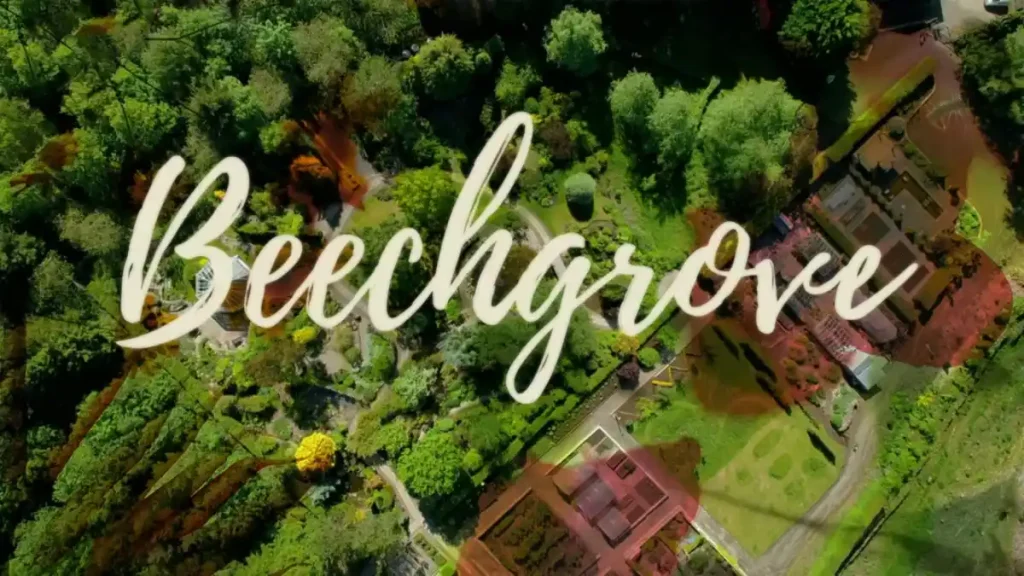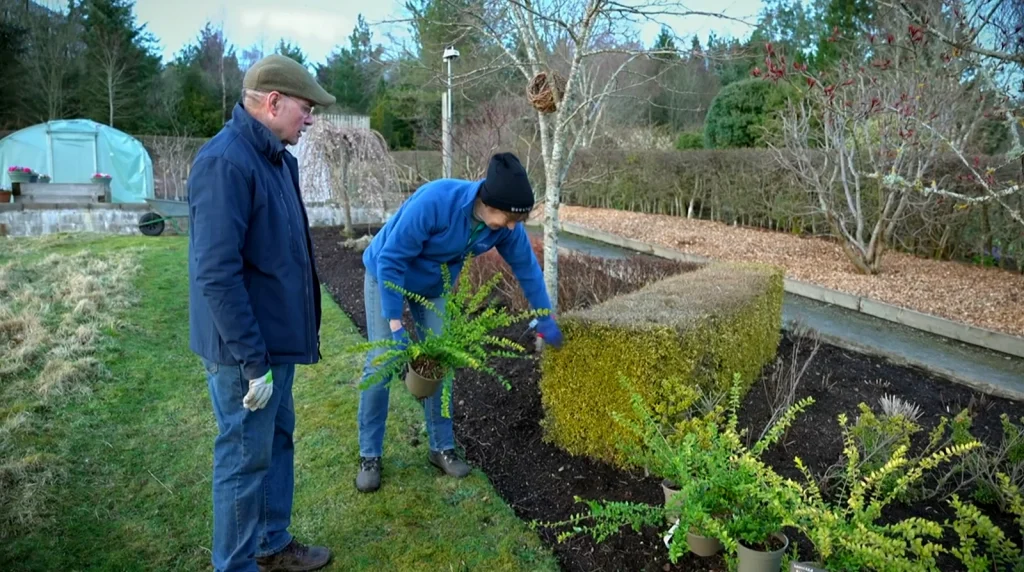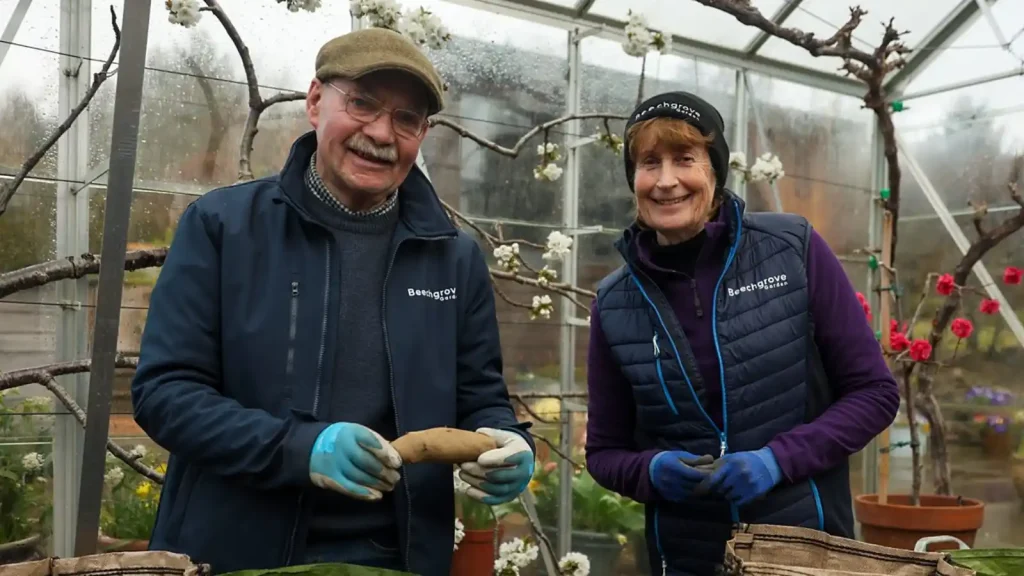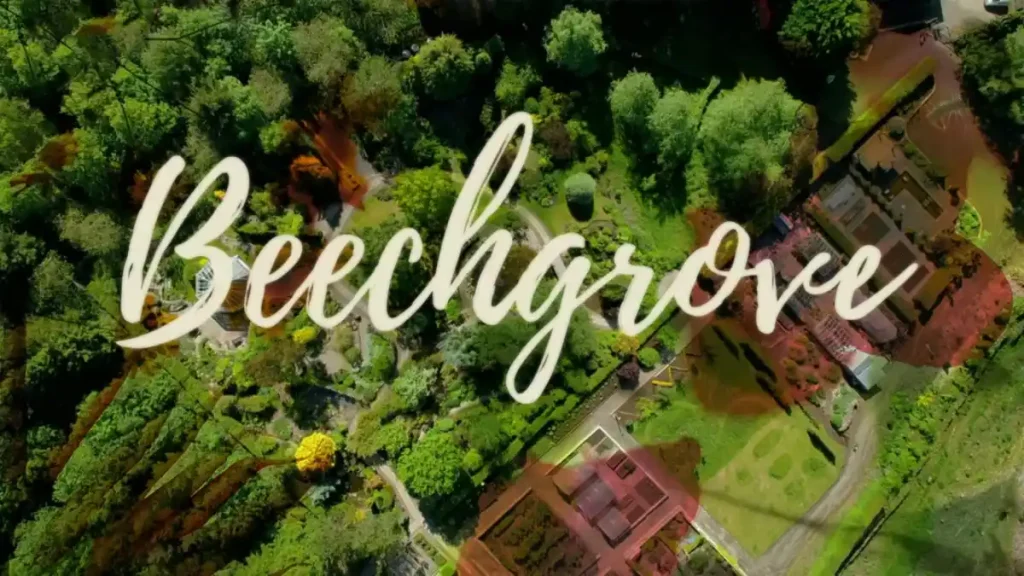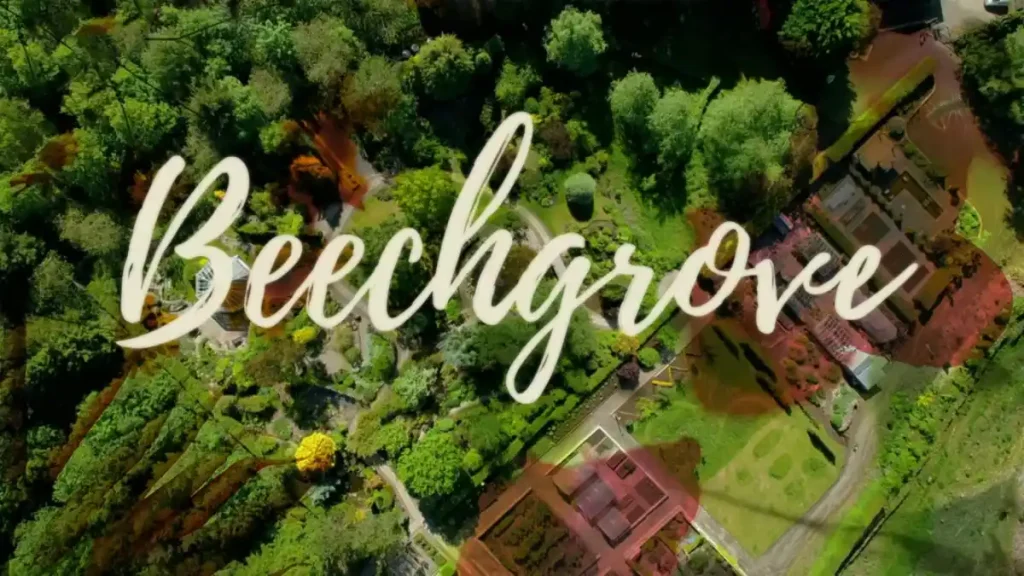The Beechgrove Garden 2024 episode 24: At Beechgrove Garden, the vibrant late summer season is in full swing. Carole Baxter, a seasoned gardening expert, takes center stage to evaluate one of the most beloved plants in the garden: dahlias. Known for their stunning blooms and wide variety of colors, dahlias are a staple in many gardens, especially for those who enjoy assembling cut flower bouquets.
Carole delves into how well the dahlias have fared this year, with a special focus on whether the unpredictable weather has had an impact on their growth and performance. She’ll share her insights on whether these popular flowers have lived up to expectations, and how climate factors might have influenced the vibrancy and health of this year’s crop.
As the garden transitions from late summer to early autumn, there is much more color to look forward to, and Kirsty Wilson is on hand to guide us through it. Kirsty, another of Beechgrove’s expert gardeners, sets her sights on the coming autumn, planting a range of late-flowering perennials to keep the garden alive with hues even as the days grow shorter. These perennials are essential for maintaining interest in the garden as summer flowers fade, and Kirsty demonstrates how a well-planned garden can thrive well into the cooler months.
In addition to preparing for autumn blooms, Kirsty also checks on one of her more ambitious projects: growing melons in the Beechgrove polytunnel. Melons, typically grown in warmer climates, can be a challenge in the UK, but with the right care and a controlled environment, they are a feasible crop. Kirsty walks viewers through the process she’s followed, sharing both the successes and challenges she’s encountered along the way. The polytunnel provides a unique opportunity for growing heat-loving plants in a more temperate climate, and Kirsty’s melon experiment is a fascinating case study in pushing the boundaries of what can be grown in Scohttps:tland.
Not stopping there, Kirsty also checks in on the pumpkins she has been cultivating in the hugel bed. Hugelkultur, a method of gardening that involves planting on a mound of decaying wood and organic matter, has been gaining popularity in recent years due to its sustainability benefits. The mound provides long-lasting fertility as the wood decomposes, creating a nutrient-rich environment for plants. Pumpkins, known for their large size and heavy nutrient demands, are an excellent crop to test this method. Kirsty discusses how this innovative approach has been working at Beechgrove and what gardeners at home can learn from it.
Beyond the beauty and bounty of the garden, the episode also touches on a pressing environmental concern: the decline of pollinators in the UK. Butterflies, bees, and other pollinating insects are crucial to the health of gardens and ecosystems, playing a key role in the fertilization of many plants. However, reports this year suggest a worrying drop in their numbers.
Carole takes a closer look at these reports, investigating whether the decline is as severe as it seems and, if so, what factors might be contributing to this troubling trend. Are changes in climate, pesticide use, or habitat loss to blame? Carole speaks with experts and shares actionable advice for gardeners who want to support pollinator populations in their own gardens.
The Beechgrove Garden 2024 episode 24
This episode of Beechgrove Garden offers a rich blend of horticultural insight, practical advice, and environmental awareness. As gardeners across the UK enjoy the last of the summer blooms and prepare for autumn, Beechgrove provides timely guidance on how to make the most of this transitional season. Whether you’re interested in growing vibrant dahlias, experimenting with unconventional crops like melons, or learning more about sustainable gardening techniques like hugelkultur, there is something for every green thumb in this episode.
Additionally, the focus on the plight of pollinators adds an important dimension to the episode, reminding gardeners that their efforts can have a broader impact beyond their own backyards. By making thoughtful choices in planting and garden management, gardeners can contribute to the health of local ecosystems, providing much-needed support to the insects that help keep gardens blooming year after year.
In essence, Beechgrove Garden continues to be a source of inspiration and knowledge for gardeners at all levels, and episode 24 of 2024 is no exception. Whether you’re looking for tips on extending your garden’s flowering season, growing exotic crops in challenging climates, or doing your part to help the environment, this episode offers a wealth of practical advice that is sure to be of value. As always, Beechgrove’s expert team presents these topics with a warmth and accessibility that makes even the most complex gardening techniques feel achievable, no matter the size of your garden or the extent of your experience.
As the episode wraps up, the message is clear: there’s still plenty of gardening to enjoy as summer winds down, and with the right knowledge and a bit of care, the beauty of your garden can continue well into autumn. Whether you’re growing dahlias for the first time or experimenting with hugelkultur, Beechgrove Garden is there to guide you every step of the way.
Conclusion The Beechgrove Garden 2024 episode 24
As the vibrant season of late summer at Beechgrove Garden draws to a close in episode 24 of 2024, the lessons learned and the inspiration offered are rich and far-reaching. Carole Baxter’s evaluation of the dahlias, a much-loved staple for many gardeners, serves as a reminder of how adaptable and rewarding these blooms can be, even in the face of unpredictable weather. Her insights encourage both seasoned and novice gardeners to reflect on how climate conditions impact their gardens, reminding them to be observant and responsive to nature’s changes. Whether the dahlias performed as expected or struggled, Carole’s advice reinforces the value of careful monitoring and timely action to maximize garden success.
Meanwhile, Kirsty Wilson’s preparations for autumn carry an important message for those looking to extend the beauty of their gardens. Her choice to plant late-flowering perennials highlights the importance of planning for year-round interest, ensuring that the garden remains lively and colorful well beyond summer. The balance of practical tips and visual inspiration serves as a perfect guide for gardeners who wish to maintain a flourishing space through the colder months. Kirsty’s focus on preparing for the future illustrates how gardening is not just about reacting to the present but about anticipating the changing seasons.
Kirsty’s experiments with melons in the polytunnel and pumpkins in the hugel bed add another layer of intrigue to the episode. Her melon-growing endeavor, a bold attempt to push the boundaries of what can be cultivated in a cooler climate, showcases the potential of innovation in the garden. Through careful management and the right conditions, she demonstrates that it’s possible to grow crops usually reserved for warmer regions. The hugelkultur technique, on the other hand, offers an inspiring look at sustainable gardening, encouraging viewers to rethink traditional methods and embrace practices that are both eco-friendly and productive.
Beyond the cultivation of plants, the environmental focus on the decline of pollinators in the UK introduces an essential topic for today’s gardeners. Carole’s exploration into the causes of this decline—whether due to climate change, pesticide use, or habitat destruction—adds a broader context to the importance of gardening. By raising awareness and offering practical solutions, such as creating pollinator-friendly habitats, Beechgrove Garden reminds viewers that gardening can be a powerful tool in supporting local ecosystems. It’s a message that resonates not only with those passionate about plants but also with anyone concerned about the environment’s health.
In conclusion, episode 24 of Beechgrove Garden masterfully combines practical gardening advice with a focus on sustainability and environmental stewardship. From the colorful displays of dahlias to the careful planning for autumn, from experimental crops to eco-friendly techniques, this episode offers a wealth of information and inspiration for gardeners at all levels. As summer fades and autumn approaches, Beechgrove’s expert guidance ensures that gardeners can continue to enjoy and nurture their spaces while making meaningful contributions to the environment. The season may be changing, but with Beechgrove Garden’s support, the beauty and vitality of the garden can continue to thrive well into the future.
F.A.Q. The Beechgrove Garden 2024 episode 24
Q.: What is the focus of Beechgrove Garden episode 24 of 2024?
A.: Episode 24 of Beechgrove Garden focuses on the late summer season, with Carole Baxter evaluating the performance of dahlias and discussing the impact of weather on their growth. It also covers preparations for autumn, including the planting of late-flowering perennials, and highlights sustainable gardening practices like hugelkultur.
Q.: How have weather conditions affected the growth of dahlias at Beechgrove Garden?
A.: Carole Baxter explores whether this year’s weather conditions have influenced the growth and performance of dahlias. She assesses their vibrancy and health, considering how climate factors might have affected these popular cut flowers.
Q.: What are some of the gardening techniques discussed in this episode?
A.: This episode highlights several gardening techniques, including growing melons in a polytunnel, planting late-flowering perennials for autumn, and using the hugelkultur method, which involves growing plants on a mound of decaying organic matter.
Q.: Why is hugelkultur gardening considered sustainable?
A.: Hugelkultur is a sustainable gardening technique because it uses decomposing wood and organic material to create a nutrient-rich environment for plants. This method reduces the need for chemical fertilizers and promotes long-term soil fertility.
Q.: What environmental concerns are addressed in this episode?
A.: The episode addresses the decline of pollinators, such as butterflies and bees, in UK gardens. Carole Baxter investigates the causes of this decline and offers actionable advice on how gardeners can create pollinator-friendly environments to support these crucial species.
